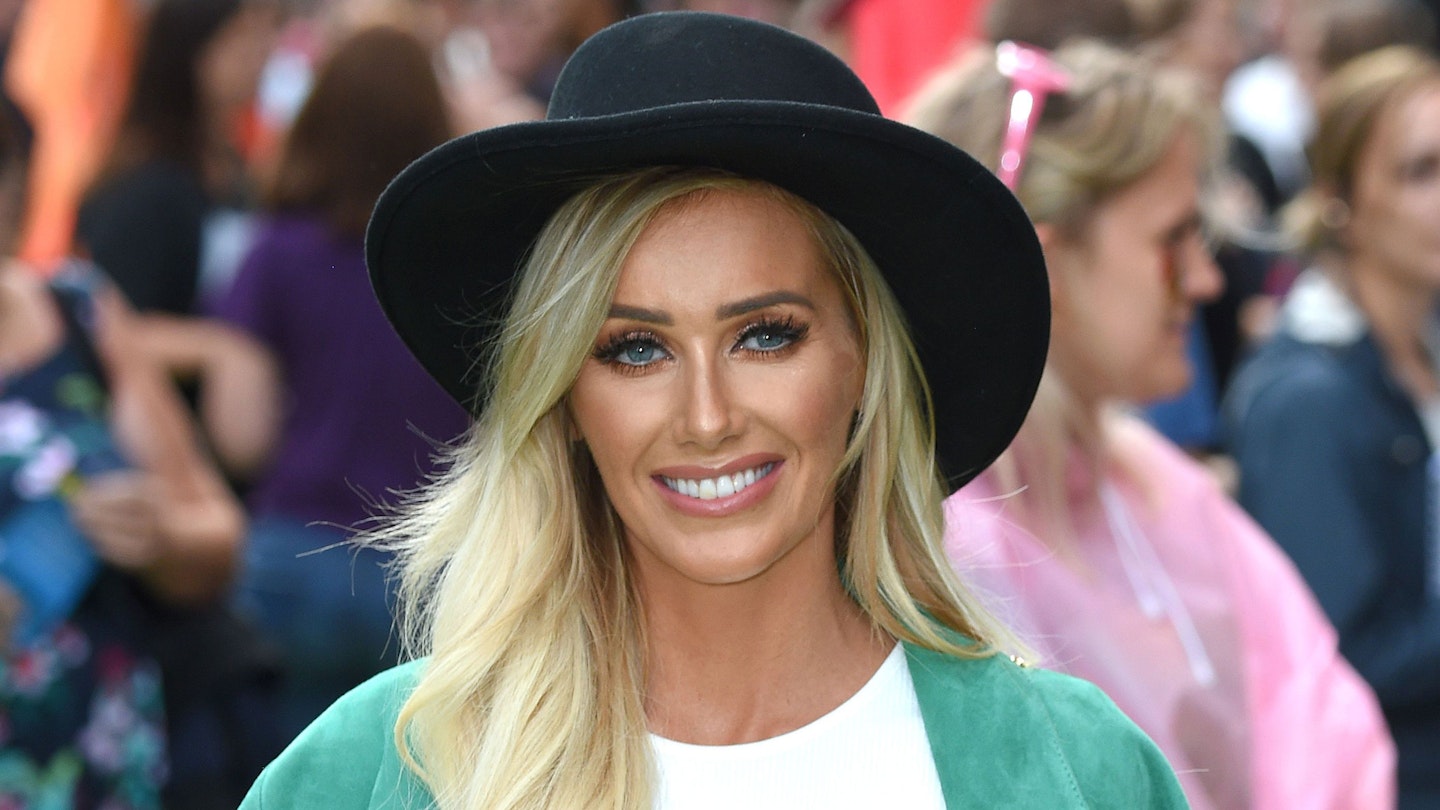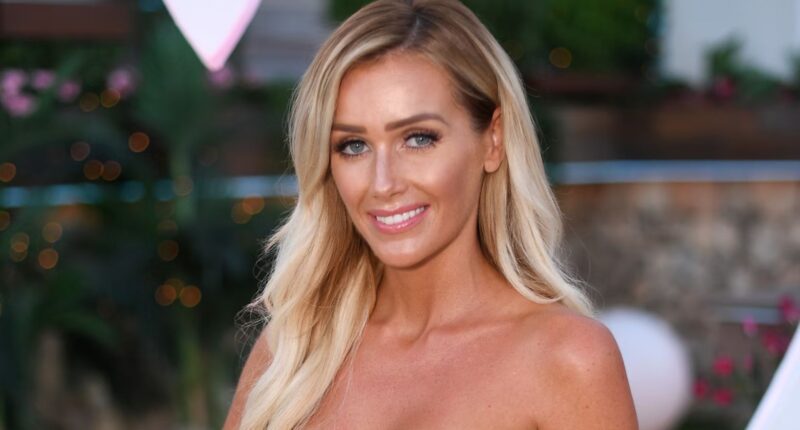Love Island star Laura Anderson recently made headlines by defending the show’s role in highlighting toxic masculinity. In an exclusive chat with Goss.ie, the 36-year-old argued that the reality series sparks crucial conversations about harmful male behavior, even if it’s uncomfortable to watch.
Her comments come amid growing scrutiny over how Love Island portrays relationships, with past seasons facing backlash for gaslighting and manipulation. But Anderson insists the show’s unfiltered drama serves a purpose.

Laura Anderson’s Bold Take on Love Island’s Impact
During Goss.ie’s Love Island countdown event, Anderson didn’t hold back. She acknowledged the show’s controversies but stressed its value in exposing real-world issues:
“Don’t diss this show—this stuff happens every day, even more so, worse… I think it’s great that we can see it. There’s awareness, we can talk about it. We hold these men accountable for their actions. Hopefully, they can come out better people.”
Her stance aligns with academic research suggesting Love Island reflects broader societal norms. A 2019 study noted the show reinforces and sometimes challenges, traditional masculinity, pushing men to perform “manhood acts” to prove their worth. Anderson’s remarks highlight how the villa’s conflicts mirror real-life power dynamics.
Fans and Critics Weigh In on Toxic Behavior
While Anderson praised the show’s transparency, others argue it normalizes toxicity. Recent seasons have seen male contestants like Dejon and Harry accused of gaslighting and manipulation. One viewer tweeted:
“I have never known so many controlling men in one series. Harry manipulates, Dejon manipulates—this isn’t entertainment, it’s a warning.”
Even charities have intervened. The M@nkind Initiative, a men’s abuse organization, called out Love Island for ignoring toxic femininity after female contestants emotionally targeted male partners. ITV responded by stating the show “holds a mirror up to relationships”—implying its role is to reflect, not condone, unhealthy behavior.
Why Love Island’s Drama Resonates
The show’s appeal lies in its rawness. As Anderson noted, narcissism and manipulation exist beyond the villa. By showcasing these traits, Love Island forces audiences to confront uncomfortable truths about modern dating.
But critics, like mental health blogger Isabella V Clark, warn the program promotes unrealistic standards and damages self-esteem. Former contestants have admitted to crash-dieting to meet beauty expectations, perpetuating harmful ideals.
Don’t Miss | Brandi Glanville’s Facial Parasite Incident: How Did She Burn Her Face?









